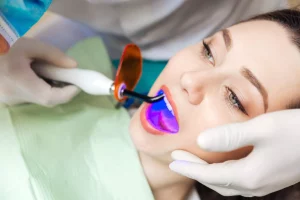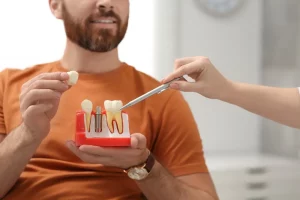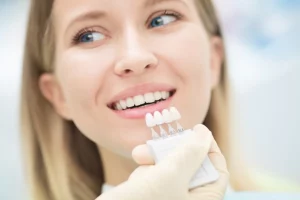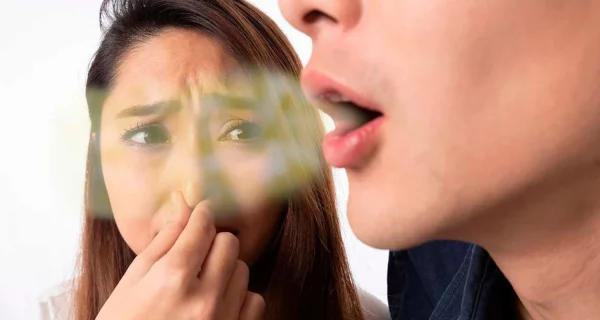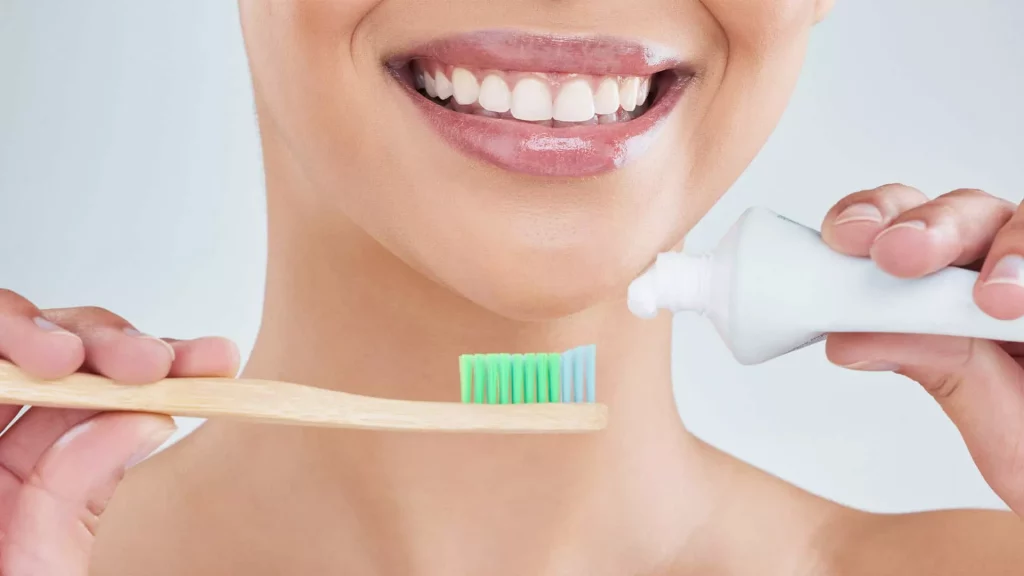Last Updated on: 4th December 2024, 05:32 pm
What is considered a dental emergency?
According to the World Health Organization, at least 20% of people worldwide have suffered dental trauma at some point in their lives; that’s why we should know what is considered a dental emergency. However, determining the severity of your pain can be difficult, and without proper guidance, you might delay the dental assistance you need. It is also likely that you have suffered from tooth pain at the least expected moment, either at night or in the early morning. Since they are more common than you think, it’s best to know what should be your next move.
What is a dental emergency?
A dental emergency can refer to a variety of circumstances. To qualify as a dental emergency, you must suffer symptoms that interfere with your daily life. If your experience can be classified as a dental emergency, you should seek professional help as soon as possible.
Any tooth-related problem needs immediate treatment, such as continuous bleeding, getting your tooth knocked out of your mouth, or intolerable pain. If you see a dentist as soon as you experience pain or swelling in your mouth and get an immediate dental check-up, you’ll prevent dental problems and reduce their pain.
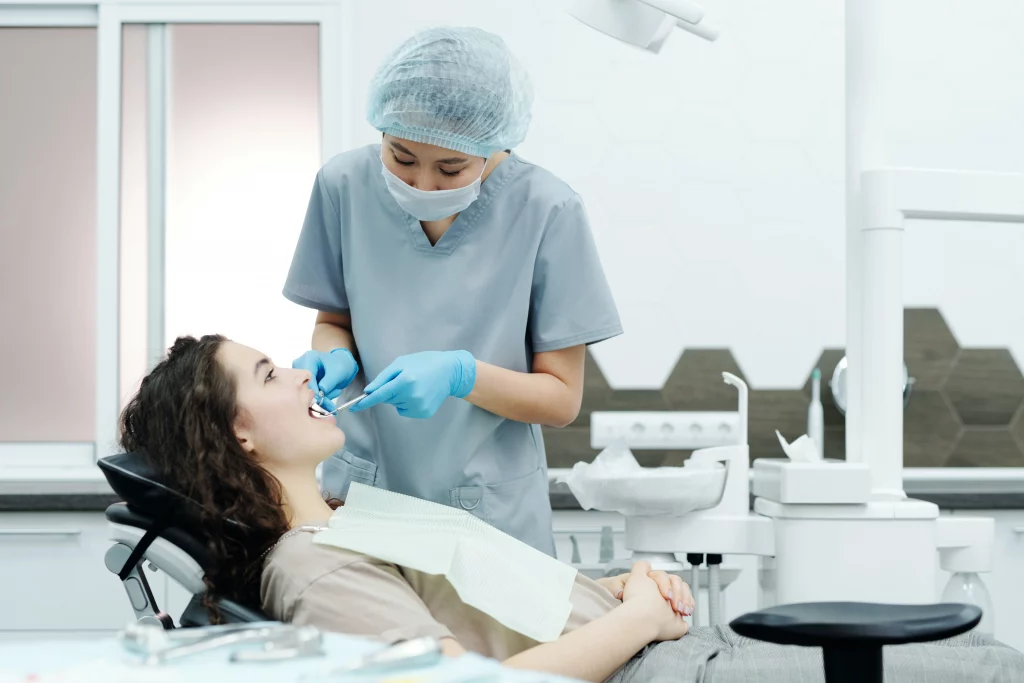
When to see a dentist for tooth pain
It is common for tooth pain to occur at unusual times, such as during the night or early in the morning. You should book an appointment with your dentist fast because, often, when the tooth’s pulp is inflamed, this pain does not stop. Some dentists may not see you on weekends and holidays. Still, your first choice should always be your primary care dentist since they know your dental and general health history.
- Dental trauma: Most cases can be solved in the dental office, from a simple fracture of the tooth enamel by eating something hard or even the complete removal of a tooth. If it is a tooth avulsion and out-of-office hours, you should consider going to the hospital. The faster the dental professional reimplants the tooth, the better the chances of the tooth surviving and not being lost. Remember to take the tooth that had come out in a glass of milk, whole milk, before the first 2 hours for a better prognosis.
- Periodontal disease: Bleeding gums, brushing or eating, and tooth mobility. These are classic signs of periodontal disease that often cause fear in people. It is advisable to make an appointment with your dentist as soon as you notice the symptoms so that they can provide timely care.
- Sensitivity: Feeling some sensitivity or pain when eating hot or cold food or drinks may be due to the exposure of the tooth. Due to receding gums, the presence of a cavity, or even a tiny fracture in the tooth that cannot be seen. Your dentist can diagnose the cause of the sensitivity with a few quick tests and relieve the pain.
- Orthodontics: Another reason to book a quick appointment with your dentist is when you undergo braces treatment. Braces can become dislodged, and wires can move out of place or get too big, causing injury inside the mouth. Your dentist will be able to fix this emergency quickly to avoid injuries that make it difficult to eat and speak normally.
When Should You Consider Going To the Hospital
If you have a potentially fatal condition, do not hesitate to go to the emergency room. A massive dental abscess, for example, can impair your capacity to breathe and swallow. Similarly, if you broke your jaw, you would need to go to the ER. Serious medical problems like these are best handled by hospital personnel. Here are other ailments that you should be wary of:
- Fractures: In short, facial bone trauma requires immediate attention at the nearest hospital. Since these traumas can range from incomplete or simple fractures, these fractures usually occur after heavy blows due to fights, falls, traffic accidents, and in some contact sports. It is necessary to go to the hospital emergency room so they can perform examinations, X-rays, and CT scans.
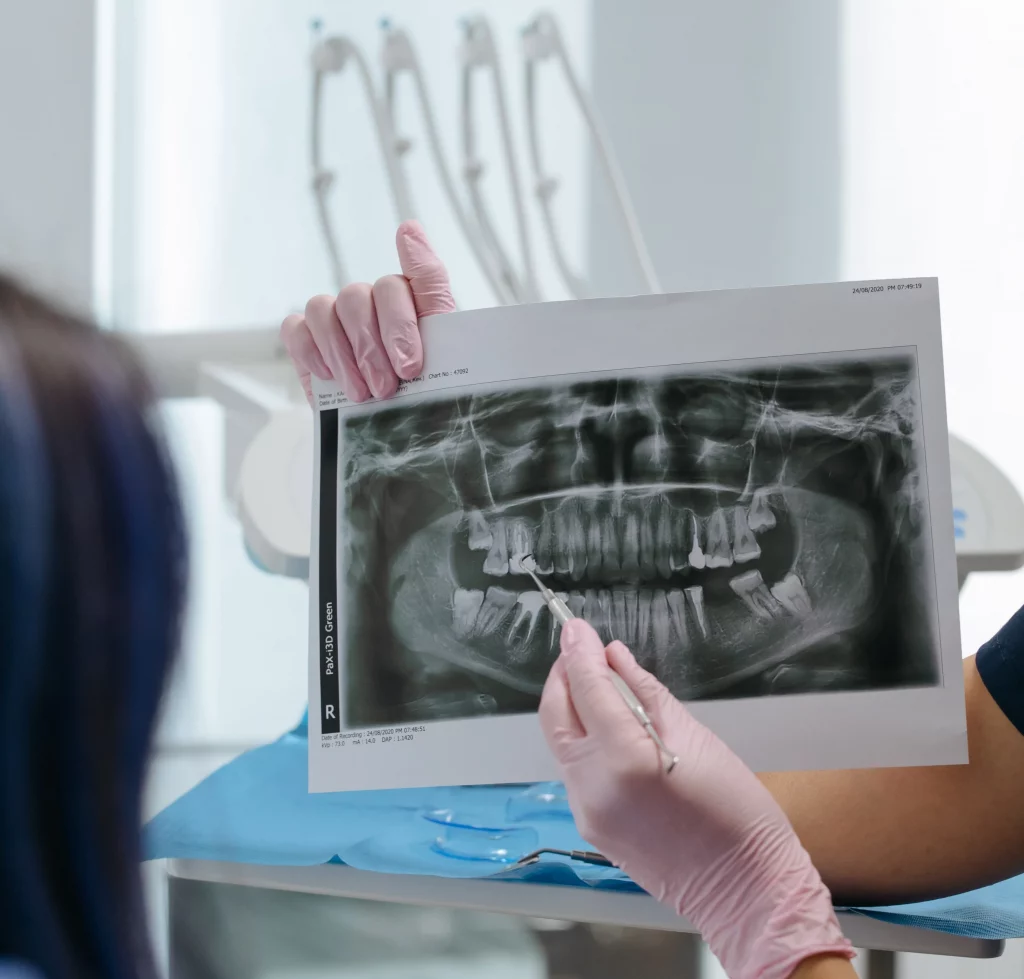
- Abscesses (infections): When we let carious lesions progress because we no longer feel pain, it is likely that this decay – if it progresses – will cause an infection that will present inflammation (increase in volume) in the cheeks or under the jaw, along with pain, reddening of the skin, and an increase in temperature. This can be life-threatening because it indicates that the infection is not only in the tooth but also advancing to neighboring tissues. It is imperative that if you notice these signs and apply natural antibiotics for infection. But if it persists, you should go to the nearest hospital emergency center so they can drain the infection and administer antibiotic treatment as soon as possible to control progression.
- Deep cuts or wounds in the face or mouth: Some deep cuts or wounds may cause heavy bleeding or affect anatomical structures; they should be carefully checked. The hospital can perform the necessary examinations to rule out any damage to these structures and then suture the wound as aesthetically as possible.
- Dislocation of the jaw: The dislocation of the jaw can also occur after a blow or when making a great effort that exhausts the jaw joint and, consequently, we can no longer close our mouths. This situation logically causes fear and despair, but in the hospital emergency room, they can easily reposition the jaw to its natural position in addition to prescribing medication for pain and inflammation.
- Allergies: Many people know they are allergic to certain drugs, the most common being penicillin, but others are unaware that they are sensitive to a drug because these allergies can develop even with previous drugs. A particular situation of an allergy, also very uncommon, can occur in the dental office during anesthesia. In this case, your dentist should be able to provide initial care, and, in more serious cases, they may transfer you to the hospital for further treatment and observation.
- Bleeding: After dental procedures such as tooth extractions, some people may have bleeding that does not stop. Usually, this should stop half an hour after the procedure. This bleeding could be due to a clotting problem that the patient was unaware of. If you tried everything to stop the bleeding, you should consider going to the hospital. At the hospital, tests can be done to determine the cause of the bleeding and start the necessary treatment.
Prevention is always better than cure.
A dental emergency can happen anytime, but we can always do our part to keep these things from happening. Some things are out of control, such as accidents with our teeth, but these simple tips will keep your teeth healthy and strengthen them to provide extra protection:
- Brushing your teeth regularly, at least twice a day
- Be careful when chewing your food
- Floss
- Don’t use your teeth when biting hard objects
- Have a regular dental check-up







